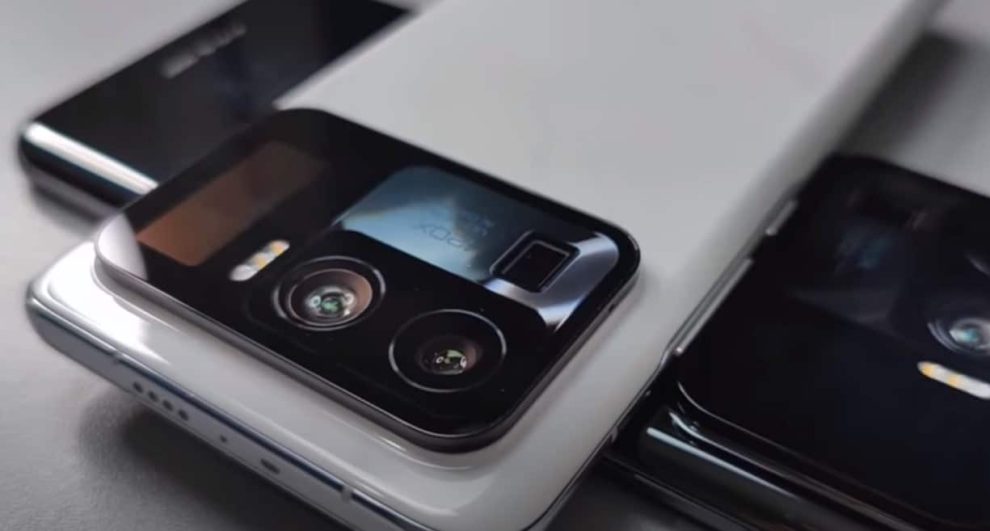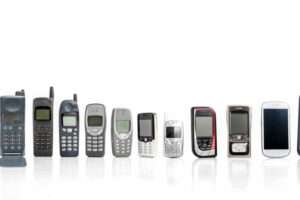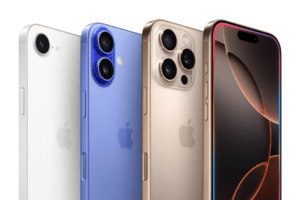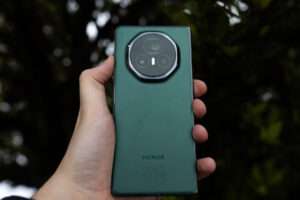Remember the iconic Nokia Communicator’s flip-down screen or the Blackberry’s sliver of status updates peeking above the keyboard? Miniature secondary screens, once a staple of mobile communication, seemed to vanish as smartphones embraced the all-encompassing touchscreen.
But in a world brimming with information overload and constant notifications, these micro marvels are experiencing a captivating comeback. This resurgence isn’t simply nostalgia-driven. It’s fueled by a growing desire for calm connectivity, a way to stay updated without sacrificing focus or experiencing digital fatigue.
Why Mini Screens Provide Calm Connectivity
In this era of attention-grabbing alerts and app-induced tunnel vision, miniature secondary screens offer a subtle, unobtrusive solution. So why are these mini marvels making a comeback?
1. Information at a Glance
Imagine checking the time, battery level, or incoming calls without switching apps or drowning in notifications. Miniature screens provide essential updates without demanding your full attention. Think of it as a digital butler whispering key information in the corner of your peripheral vision.
2. Multitasking Without Mayhem
Juggling tasks becomes effortless with a secondary screen. Follow a recipe while watching a cooking show, monitor a workout playlist while exercising, or keep an eye on social media without derailing your writing flow. These tiny displays act as information bridges, seamlessly connecting different activities without the jarring context switch.
3. Focus Enhancement, Not Elimination
Contrary to the “always-on” mentality, miniature screens promote focused engagement. By separating essential updates from the main screen, they minimize distractions and allow you to immerse yourself in your primary task, knowing you won’t miss crucial information.
4. A Symphony of Screens
These micro marvels don’t aim to replace your main screen; they complement it. Think of them as orchestra conductors, ensuring smooth information flow between your devices. Imagine glancing at your smartwatch for notifications while working on your laptop, or using your phone’s secondary screen to control music playing on a smart speaker. These screens create a connected ecosystem, keeping you informed without disrupting your chosen activity.
5. Innovation at the Forefront
Technology giants are embracing the trend with cutting-edge solutions. LG’s Wing phone boasts a swiveling secondary display, Microsoft’s Surface Duo features a foldable dual-screen design, and Motorola’s Razr resurrected the iconic flip phone with a modern twist. These advancements showcase the diverse potential of miniature screens, paving the way for exciting future applications.
Beyond Smartphones: A Broader Canvas
The resurgence isn’t limited to smartphones. Imagine smartwatches with e-paper secondary displays for extended battery life, laptops with mini screens for quick notes and reminders, or even connected appliances with status indicators without needing full interfaces. The possibilities are endless, with these tiny screens weaving themselves into the fabric of our digital lives.
Challenges and Considerations
While the potential is bright, challenges remain. Miniaturization necessitates careful UI/UX design to ensure usability. Battery life also becomes a crucial factor, as these screens shouldn’t drain the primary device’s power. Additionally, privacy concerns must be addressed to ensure information displayed on the secondary screen doesn’t compromise user security.
The Future of Miniature Secondary Screens
Miniature secondary screens are more than a retro throwback; they represent a shift towards calm connectivity. They offer a glimpse into a future where technology respects our focus, providing information on our terms, not theirs.
As these micro marvels evolve, they have the potential to reshape how we interact with technology, promoting mindful engagement and a healthier relationship with our devices.
















Add Comment